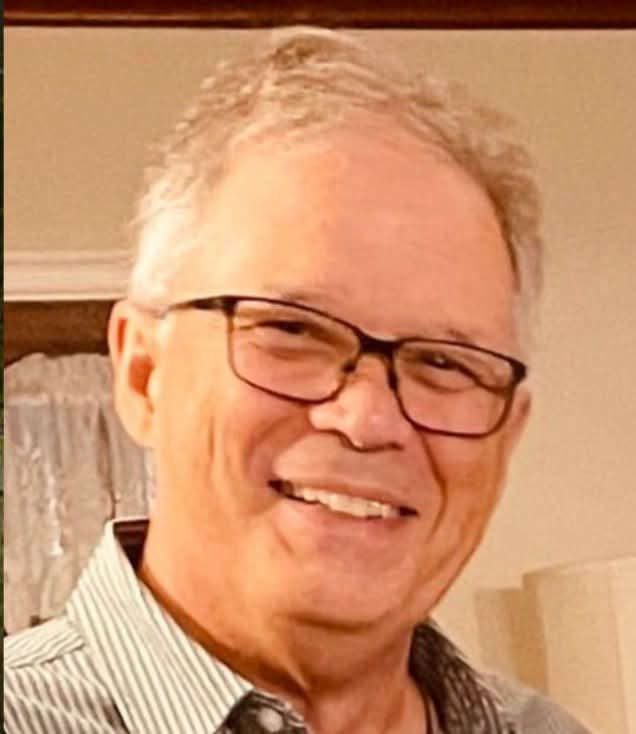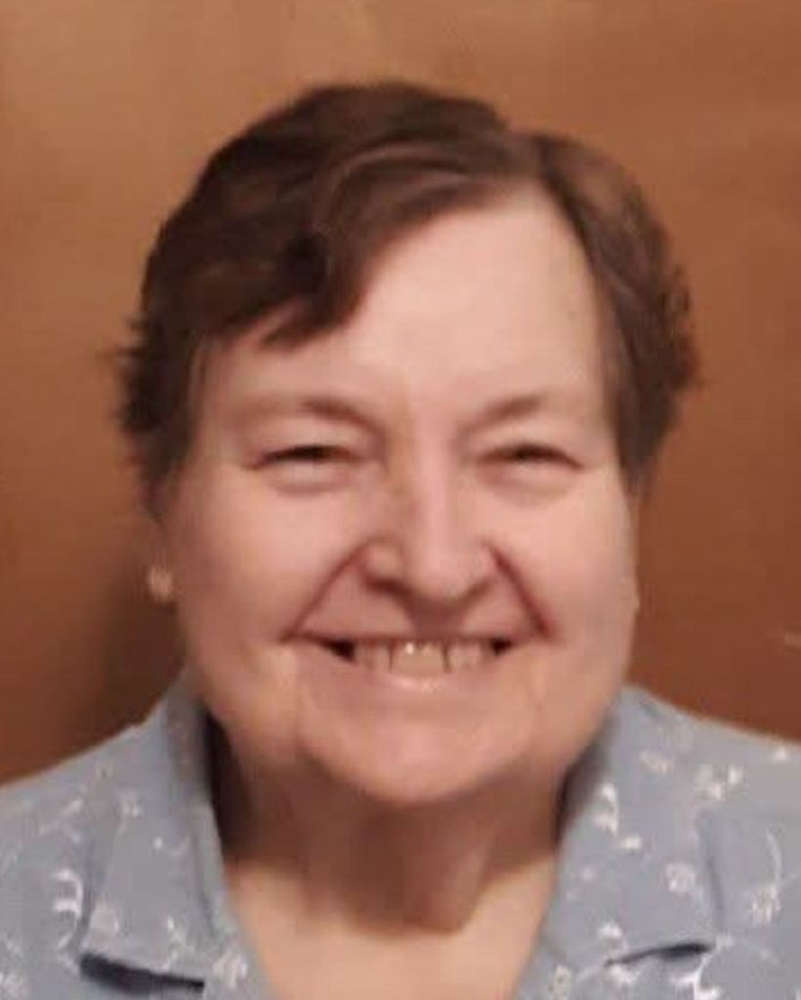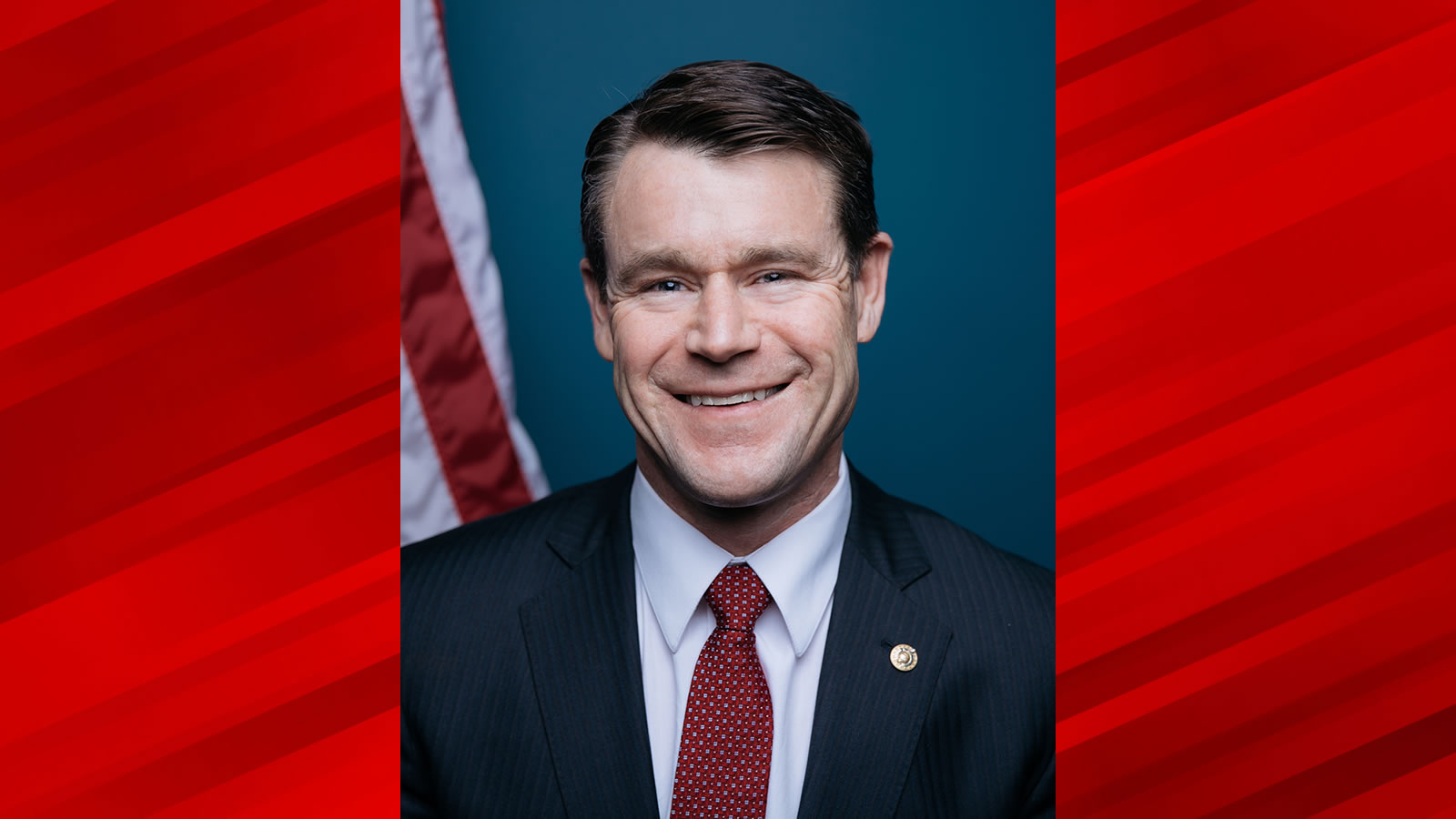
U.S. Senators Todd Young (R-Ind.), Roger Wicker (R-Miss.), Ben Ray Luján (D-N.M.), and Mark Kelly (D-Ariz.) reintroduced the Funding Affordable Internet with Reliable (FAIR) Contributions Act. The legislation would direct the Federal Communications Commission (FCC) to conduct a study into the feasibility of collecting Universal Service Fund (USF) contributions from internet edge providers.
Internet edge providers have long been able to utilize critical Internet infrastructure without being required to contribute to improving the capabilities of the infrastructure.
“It is vital that we close the digital divide and deploy broadband across all of Indiana, including our most rural counties, schools, and health care facilities,” said Senator Young. “As internet edge providers continue to expand their reach and the Universal Service Fund’s revenue streams become less sustainable, we must look at all options to ensure every Hoosier has access to broadband, both now and in the future.”
“As Chair of the Subcommittee on Communications, Media, and Broadband, I’m fighting to move New Mexico closer toward 100% connectivity,” said Senator Luján. “The Universal Service Fund supports broadband access for rural communities across the country, ensuring families have access to economic opportunity, to school, and to health care. This report will examine how the largest tech companies can pay their fair share. The future is online and it’s critical that essential broadband programs receive robust funding.”
“Our bipartisan legislation looks at ways that tech companies can help us close the digital divide in Arizona. We’ll continue working to find common-sense solutions that expand high-speed internet access for rural and tribal communities across the country,” said Senator Kelly.
Among other provisions, the FAIR Contributions Act would:
Direct the FCC to issue a Notice of Inquiry seeking public comment on the feasibility of collecting USF contributions from internet edge providers, and issue a final report on the matter within 180 days. Require the FCC to consider:· Possible sources of Big Tech revenue, such as digital advertising and user fees;
· The fairness of the current system and a system under which contributions could be assessed on Big Tech firms;
· The feasibility of assessing contributions on such a broad category of firms that do not currently register with the FCC;
· The effects such a change would have on Tribal, low-income, and elderly consumers; and
· The changes to current law necessary to implement this system.
Through the USF, the FCC disburses approximately $10 billion per year to fund broadband deployment to high-cost rural areas, schools and libraries, rural health care facilities, telehealth services, and broadband subsidies for low-income Americans. The USF collects money from telecommunications carriers, set at a percentage of their interstate and international revenues, which carriers usually pass onto consumers in their monthly bills.
Full bill text can be found here.


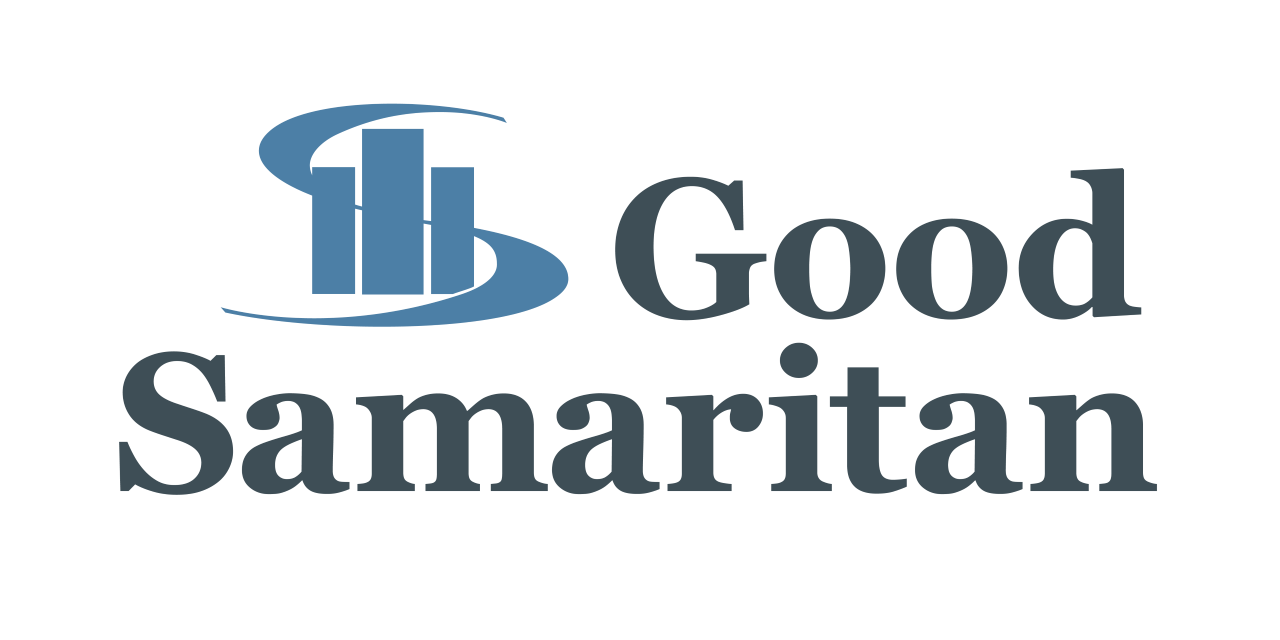 GSH implements masking restriction
GSH implements masking restriction
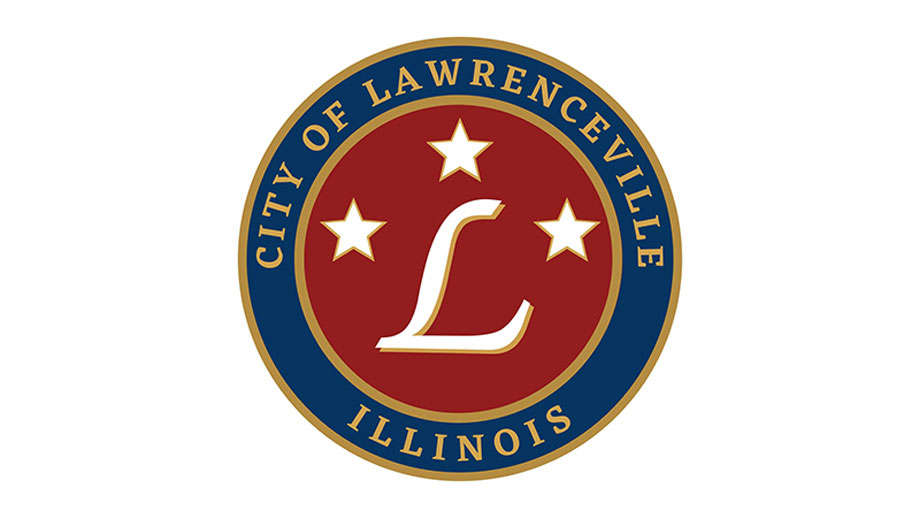 Lawrenceville spends money on water well field
Lawrenceville spends money on water well field
 Neal stepping down as KC Chamber president
Neal stepping down as KC Chamber president
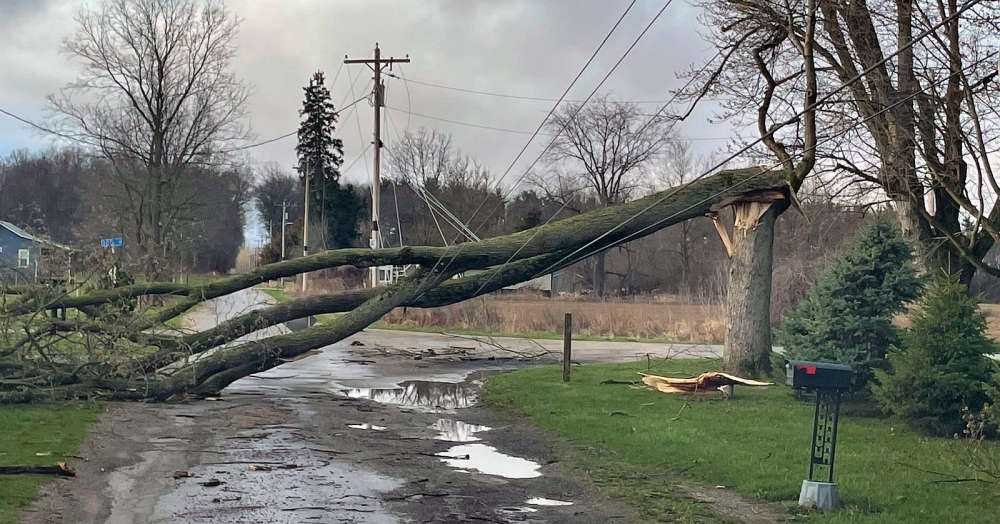 Southern Illinois 2025 tornado data released
Southern Illinois 2025 tornado data released
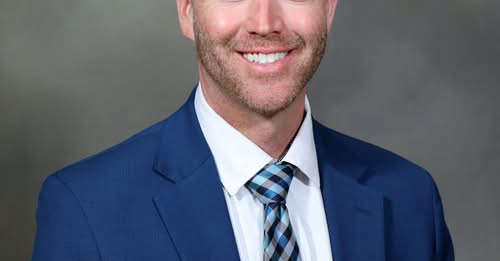 Thacker takes over at Good Samaritan Hospital
Thacker takes over at Good Samaritan Hospital
 Lawrenceville arrests
Lawrenceville arrests
 Lawrence County residents warned to get vaccinated
Lawrence County residents warned to get vaccinated
 More than one-third of Christmas tree home fires occur in January
More than one-third of Christmas tree home fires occur in January
 Lawrence County girl advances to state competition
Lawrence County girl advances to state competition
 Local woman faces multiple charges
Local woman faces multiple charges
 Over 550 personalized license plate requests rejected
Over 550 personalized license plate requests rejected
 Warning of holiday text scams
Warning of holiday text scams
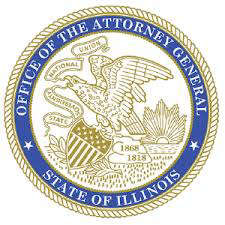 Illinois AG highlights new law going into effect
Illinois AG highlights new law going into effect
 Federal healthcare dollars headed to Illinois
Federal healthcare dollars headed to Illinois
 Local man held on multiple charges
Local man held on multiple charges
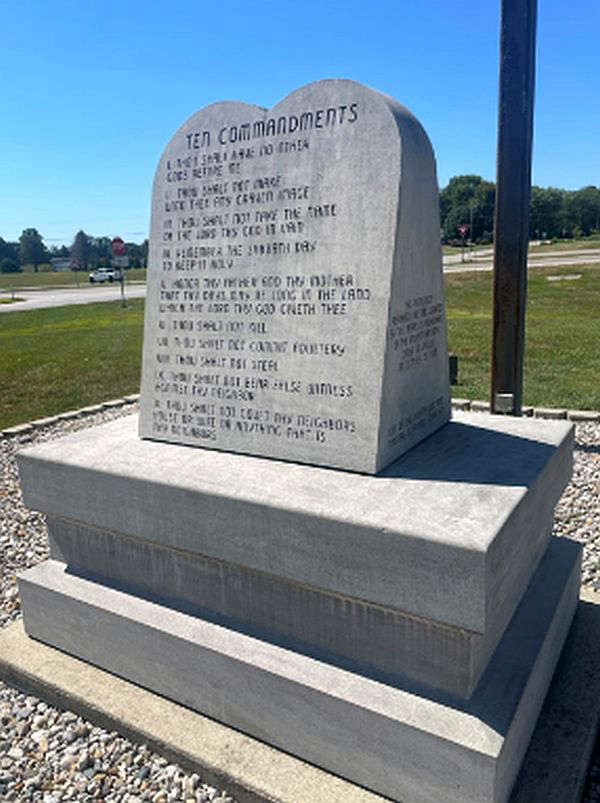 Gov. Braun, AG Rokita ask Federal Court to lift 20-year ban on Historical Monument at Indiana Statehouse
Gov. Braun, AG Rokita ask Federal Court to lift 20-year ban on Historical Monument at Indiana Statehouse
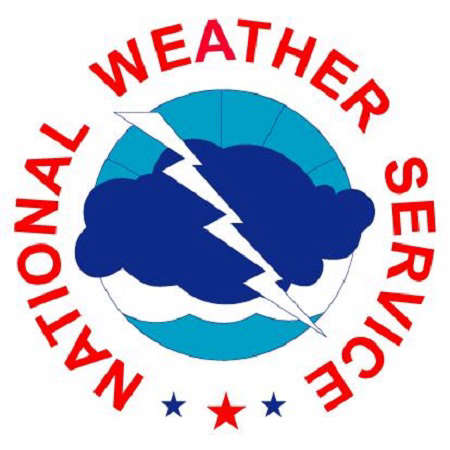 Strong storms roll through region
Strong storms roll through region
 Sumner boil order ends, trash pickup delayed
Sumner boil order ends, trash pickup delayed



